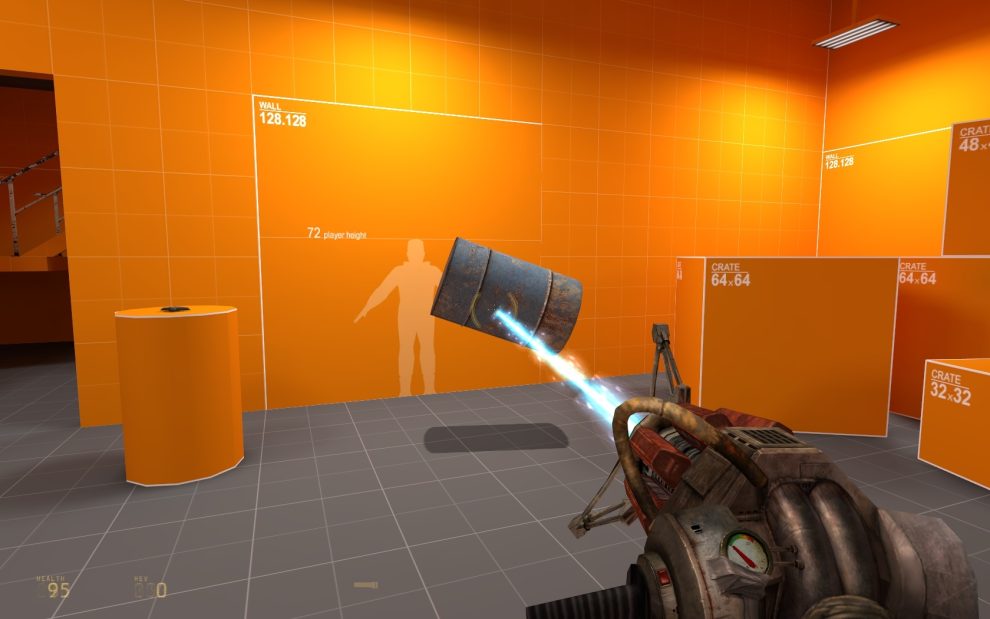The gaming world has evolved from simple 2D sprites to breathtaking, lifelike environments where every detail mirrors the real world. This leap forward in game realism owes much to the advancements in game physics engines. These behind-the-scenes heroes calculate and simulate real-world physics within the virtual environments, providing a depth and realism that was once unimaginable.
What are Game Physics Engines?
At the heart of any realistic video game lies the physics engine, a sophisticated software framework designed to replicate the laws of physics. It ensures that objects move and interact in a way that feels authentic, from the gravity pulling a character towards the ground to the way a car might skid on an icy road.
The Evolution of Game Physics
From the simplistic algorithms of early gaming to the highly advanced simulations of today, game physics have undergone a remarkable transformation. Engines like Havok, PhysX, and more recently, the Unreal Engine and Unity, have pushed the boundaries, introducing gamers to soft body dynamics, fluid dynamics, and destructible environments.
Early Beginnings to the 90s Revolution
Explore the transition from basic movement algorithms to the introduction of 3D gaming physics, highlighting the emergence of pioneering engines that set the stage for today’s realism.
The Leap into Hyper-Realism
Dive into how modern engines have adopted cutting-edge physics simulations to create dynamic water effects, realistic fabric movements, and believable environmental destruction, significantly enhancing the gaming experience.
The Impact of Advanced Physics Engines

The implementation of these engines goes beyond just improving visuals; it enriches gameplay, making the virtual world more interactive and immersive. Discuss how realistic physics adds depth and strategy to games, changing the way they are played and experienced.
Benefits of Advanced Physics in Gaming
- Enhanced Realism: Detail how physics engines contribute to creating lifelike animations and environments.
- Improved Gameplay: Explain how accurate physics simulations add a new layer of challenge and strategy.
- Creative Freedom: Showcase the limitless possibilities for game developers to design dynamic, interactive worlds.
Challenges in Modern Game Physics
- Hardware Limitations: Address the high processing demands of advanced physics simulations.
- Development Complexity: Discuss the intricacies and specialized knowledge required to implement realistic physics.
- Optimization: Highlight the importance of balancing detailed physics with game performance to maintain smooth play.
The Future of Game Physics
Speculate on exciting developments on the horizon, from AI-driven physics for more natural and unpredictable behaviors to the integration of real-time ray tracing for visually stunning simulations.
Emerging Trends and Technologies
- AI Integration: Predict how AI could revolutionize physics simulations, making game environments more dynamic and reactive.
- Real-time Ray Tracing: Explain its potential to elevate game realism through superior lighting and shadow effects.
- Haptic Feedback: Imagine the possibilities of translating physical game interactions into tactile player feedback.
Conclusion: The Unseen Architects of Game Realism
Advanced game physics engines continue to be the cornerstone of modern video game development, driving forward the realism that gamers now expect. As technology progresses, we stand on the cusp of even more breathtakingly realistic gaming experiences, all thanks to the sophisticated physics simulations developed by these engines.
















Add Comment